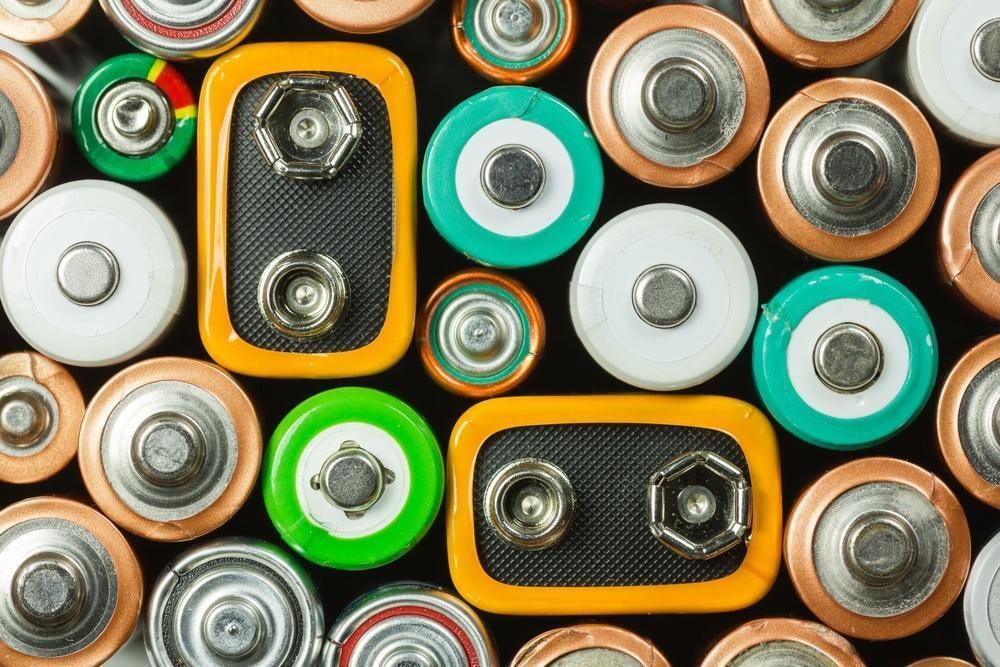Smartphones, laptops, and all manner of electronics have advanced by leaps in bounds over the past few decades, but an essential component of most of them — the battery, or more precisely the lithium-ion battery — hasn’t. The technological remnant of the mid-’90s has a tendency to degrade and isn’t particularly efficient, which is why scores of researchers have spent years pursuing alternatives. Until now, though, practical limitations — i.e., physical dimensions and mass manufacturing constraints — have permanently relegated many to laboratories. But a new design, a refinement of so-called lithium-air design by scientists at the University of Cambridge, looks to be one of the most feasible yet.
Lithium-air (Li-air) batteries have been around for a while — chemist K. M. Abraham is credited with developing the first rechargeable variant in 1995 — but they’ve never been considered very practical. That’s because they use carbon as an electron conductor instead of the metal-oxide found in conventional Li-ion batteries, and generate electricity from the reaction of oxygen molecules and lithium molecules, a process which leads to the production of electrically resistant lithium peroxide. As the lithium peroxide builds up, the power-producing reaction diminishes until it eventually ceases completely.
Related: Why batteries suck, and the new tech that might supercharge them.
